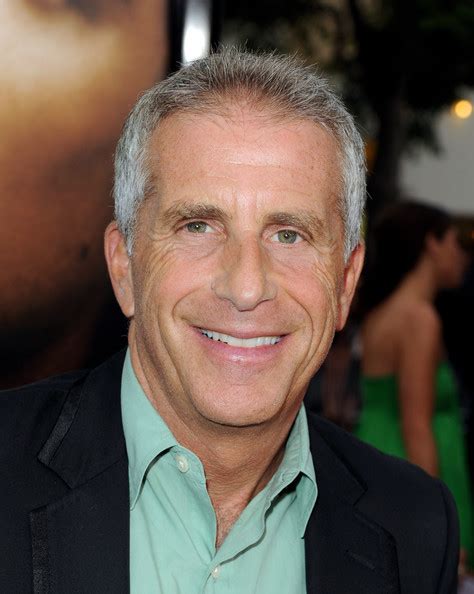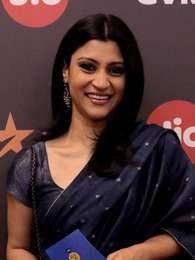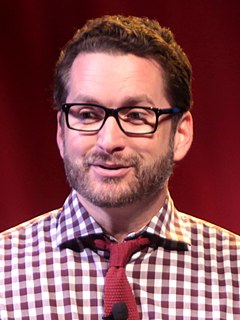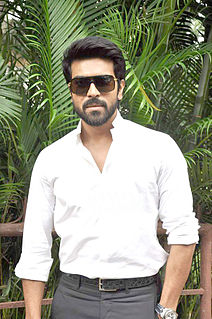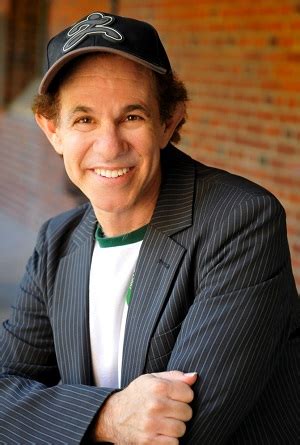A Quote by Francis Ford Coppola
Sequels are not done for the audience or cinema or the filmmakers. It's for the distributor. The film becomes a brand.
Related Quotes
Filmmakers need to realize that their job isn't done when they lock picture. We must see our films through. Studios no longer do this for a large percentage of films. The odds that your film will get a major campaign are dim these days. So you must find and nurture your own audience and make sure your film has a life.
The experience that a publication creates for its audience is the very essence of that publication's brand - and without deep engagement, that publication's brand will be weak. A good publication is a convener and an arbiter - it expresses a core narrative that becomes a badge of sorts for its readership.





